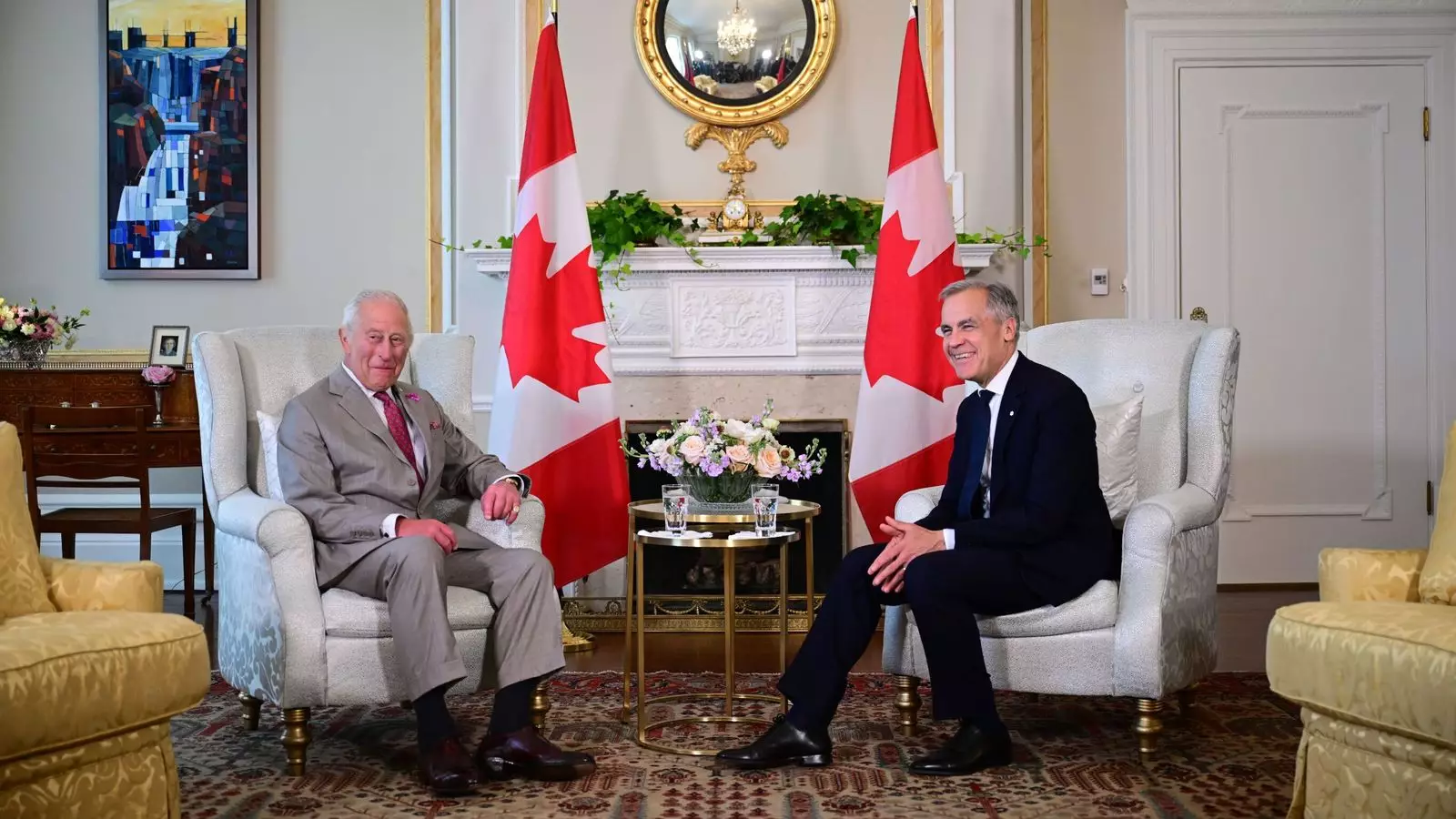The royal visit of King Charles and Queen Camilla to Canada presents not just a diplomatic occasion but a consequential opportunity for healing and justice. Politically and socially, this visit holds profound significance, particularly for those advocating for the Home Children—over 100,000 British children shipped under grim conditions to Canada from orphanages between 1869 and 1948. These children were often exploited as cheap labor, treated as second-class citizens, and subjected to horrific abuse.
Advocates are vocally urging the monarchy to leverage this visit to seek an official apology for the exploitation of these vulnerable children. Such neglect from the Canadian state demands acknowledgment and redress, as it will not only help heal the wounds inflicted on generations but also encourage a broader dialogue about historical injustices. This isn’t merely an exercise in nostalgia; it’s about restoring dignity to those who suffered in silence.
The Shameful Legacy of Child Migration
To sweep the plight of Home Children under the rug is a disservice not only to their legacy but to our collective conscience. These children—often depicted as mere statistics in a distant past—were actual people who endured unimaginable suffering. John Jefkins, whose father was one of these children, articulates the necessity of this acknowledgment succinctly: “It’s really important for the Home Children themselves and for their descendants.” This sentiment echoes a broader truth: acknowledging past mistakes is essential for societal reconciliation and understanding.
Canada’s refusal to issue an apology, in contrast to the positions taken by both the UK and Australia, reveals a troubling inconsistency in addressing historical wrongs. It also raises questions about the moral framework that governs our understanding of justice. Failing to confront these issues head-on perpetuates a cycle of trauma, denying future generations the opportunity to heal from their historical scars.
The Role of the Monarchy in Modern Times
King Charles’s role as the Head of the Commonwealth carries intrinsic responsibilities, particularly when it comes to engaging with a shared history that affects multiple nations. During his previous visit to Canada, the then Prince of Wales remarked upon the importance of confronting the darker aspects of history. It’s time for him to put those words into meaningful action. This royal visit should serve not just as a ceremonial occasion but as a powerful statement of intention.
Jefkins underscores the potential of this visit to change hearts and minds, asserting that it can spark renewed conversations about the forgotten voices of those who helped build Canada. This perspective offers a chance not only for dialogue but for a pivotal shift in the relationship between the Canadian government and its historical commitments to its citizens.
The Need for Collective Responsibility
Acknowledging the abuse inflicted on the Home Children is not merely a matter of apologizing; it encompasses a collective responsibility that all Canadians, as inheritors of this history, should bear. This royal visit can catalyze a broader reflection on how Canada remembers and honors its past, especially the people whose lives were irrevocably altered through systemic exploitation.
It’s essential to recognize how the stigma associated with being a Home Child affects their descendants. There is a cry for justice that transcends individual circumstances and reaches into the very fabric of national identity. This opportunity for the monarchy to engage with these painful histories highlights a crucial aspect of modern governance: the importance of empathy and accountability in leadership.
A Broken System and Unspoken Truths
The systemic abandonment of these children by a society that claimed to care for them reflects a troubling moral failing. The scars of abuse are not easily visible; they manifest in the silence that often cloaks unspeakable suffering. However, this silence must be pierced. In asking for an apology, advocates are not only seeking recognition but are demanding that we confront uncomfortable truths that have long remained buried.
The royal couple’s visit brings forth a critical moment to reassess and recalibrate our understanding of historical injustices. It compels us to explore what it means to be a nation built on both noble intentions and shameful realities. By recognizing and addressing these truths, Canada can embark on a path toward real reconciliation, one that respects and honors the legacy of the Home Children. This isn’t just about righting past wrongs; it’s about creating a more inclusive and compassionate future.

Leave a Reply